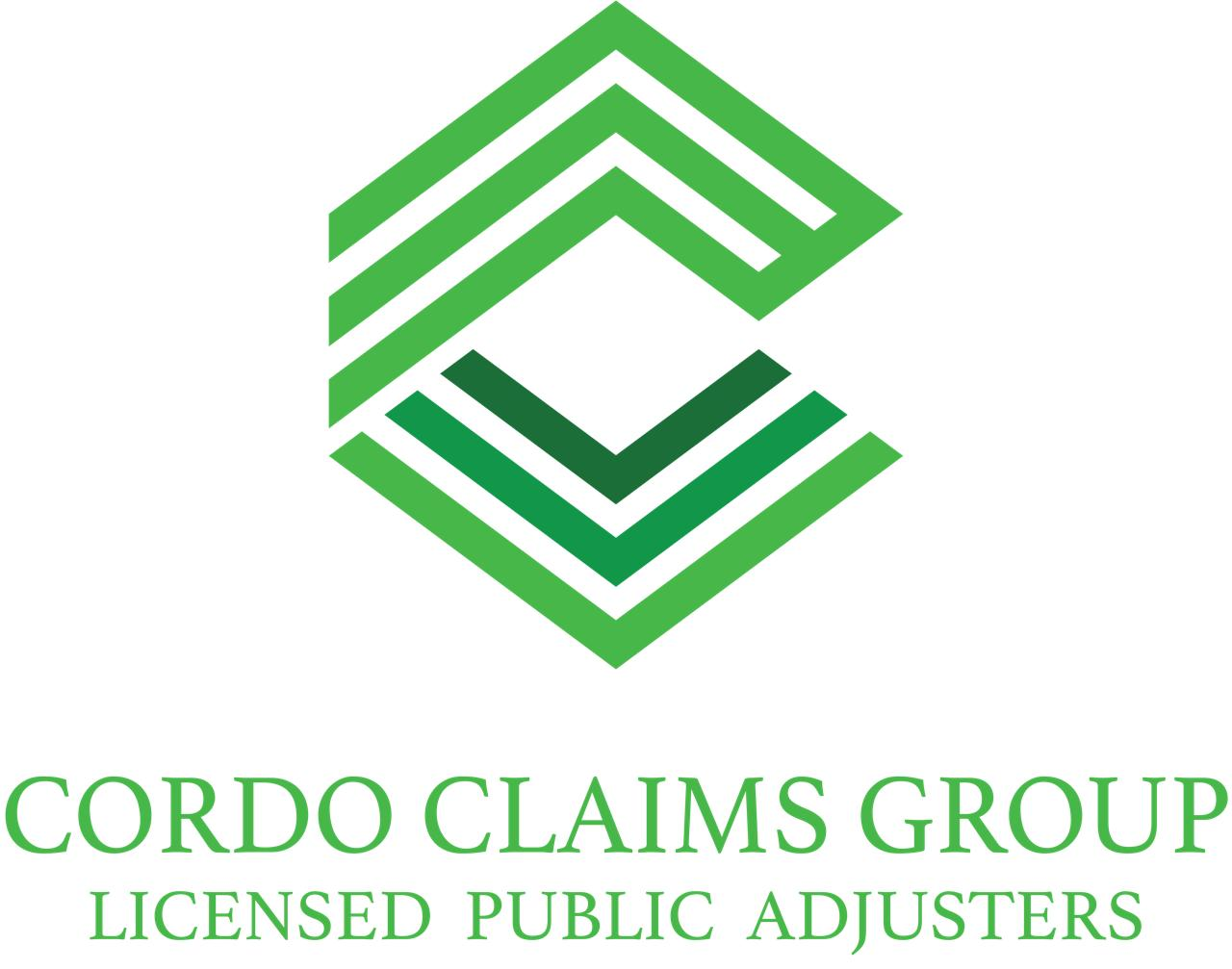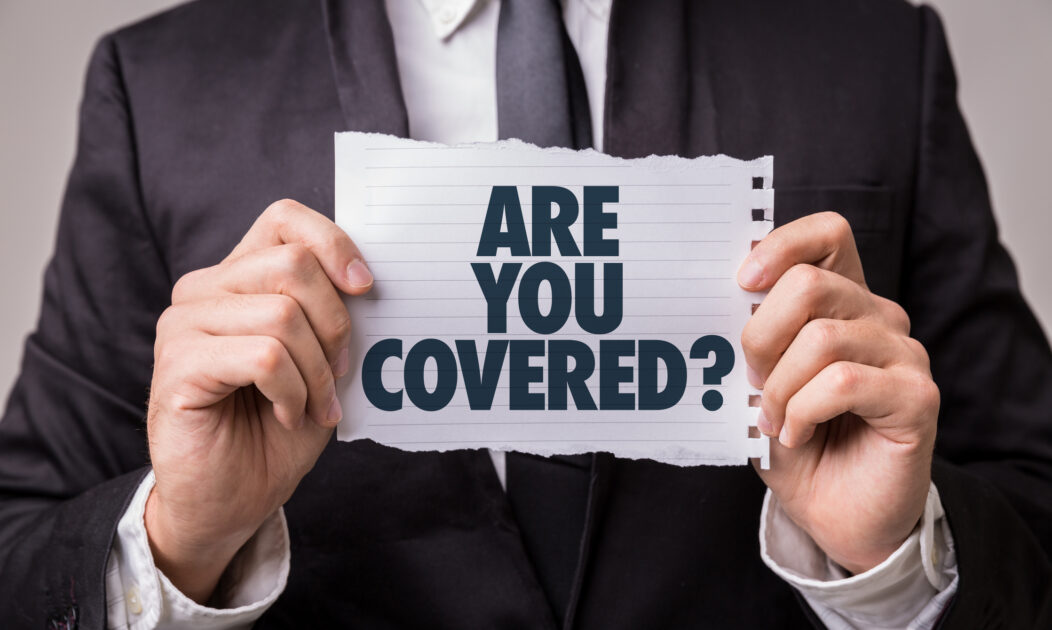Not sure if you have the correct insurance coverage on your home or business? It may be one of the most boring things to do, but it’s so important to review your insurance policies to ensure you have adequate coverage. It can save you a lot of money down the road and you’ll thank yourself later. Policies can vary considerably, and many policyholders are surprised that not everything is included.
At Cordo Claims Group, we review policies and insurance claims for property owners who have experienced property damage. Unfortunately, our role as Public Adjusters comes in after the damage has occurred. Many policyholders find out they’ve purchased inadequate policies after a major catastrophic event and by then, it’s too late. Check out these tips to make sure you have the coverages you need.
7 Tips to Ensure You Have Adequate Property Insurance Coverage
1. Remember, Cheaper Isn’t Necessarily Better.
Coverage and quality of insurance is key! Don’t assume you’ll never need the insurance. The goal is to buy enough insurance so the policy repays the cost to rebuild the property and replace its contents. Check that the insurance company has a positive track record of paying claims promptly and fairly. It’s important to understand your policy and ensure you have the protection you need.
2. Understand What’s Included
This one is so important! Most homeowners and business owners assume that their policy covers all sources of loss such as floods, wildfires, earthquakes, etc. Damage caused by most disasters is covered but there are exceptions. Standard policies do not cover flooding, earthquakes or poor maintenance.
3. Know Your Exclusions and Plan Accordingly
An exclusion means the cause of loss that isn’t covered. This is the fine print in your policy and could be the costliest mistake you ever missed. Most home and business insurance policies contain exclusions such as flooding and earthquakes. If you live in an area prone to either, check to see if your insurance company provides add-ons or supplemental policies that expand your coverage. If not, you’ll want to purchase a separate policy. Some policies even have limitations, such as a water limitation or a mold limitation. Many policies now have a $10k limitation on water damage due to overflow of water and/or steam. You may want to make sure your policy has coverage for water damage and/or mold, and that it is sufficient to cover the extensive damage that water/mold can cause.
4. Don’t Cut Corners. Purchase Additional Insurance as Needed.
Typical insurance policies don’t cover floods, earthquakes, or sewer backups. They usually have special deductibles or other limitations on causes of loss. Read the fine print and determine what additional coverages you may need. Flood coverage is provided by the federal government’s National Flood Insurance Program, although it is purchased from an insurance agent. The NFIP provides flood insurance to property owners, renters and businesses. Earthquake coverage is available either in the form of an endorsement or as a separate policy. If you live in an area prone to landslides, mudslides, or wildfires, ensure you have appropriate coverages in place.
5. Understand Your Deductibles
A deductible is the amount of money that you’re responsible for paying toward an insurance loss. When a disaster strikes, the amount of the deductible is subtracted, or “deducted,” from your claim payment. The higher the deductible, the lower the policy’s total cost. A deductible can be either a specific dollar amount or a percentage of the total amount of insurance on a policy. It’s important to know what your insurance deductibles are.
Hail & Wind Deductibles
Hail and wind deductibles are most commonly paid in percentages, usually from 1-5%. Flood insurance offers a range of deductibles. (Source: Insurance Information Institute)
Flood Deductibles
Standard homeowners’ insurance does not cover flood damage. If your property is located in a high-risk flood zone, FEMA recommends purchasing a flood insurance policy. Find out whether you’re in a flood-prone or high-risk area with FEMA’s Flood Map Service Center. Even if you don’t live in a high flood risk area, you can still be in danger of loss from a flood. If you own a business, damage from flooding is not typically covered under a standard commercial policy. Flood coverage is sold through the National Flood Insurance Program and takes 30 days to take effect, so don’t wait until the last minute to purchase.
Hurricane Deductibles
Hurricane deductibles are generally higher than other policy deductibles and usually take the form of a percentage of the policy limits. These deductibles are calculated as a percentage of your property’s insured value. The typical hurricane deductible is between 1-5%. Policies in some coastal areas could have an even higher deductible. (Source: Insurance Information Institute)
Earthquake Deductibles
Earthquake damage is typically excluded from homeowners’ insurance policies. Earthquake coverage has percentage deductibles that range from 2-20% of the replacement value. This type of protection is going to give you the aid that you need to help repair or replace the loss of your contents. If your property itself is destroyed, this can help you to rebuild. The cost of this coverage can vary significantly from one area to another, depending on the likelihood of a major earthquake. (Source: Insurance Information Institute)
6. Adequately Assess the Value of Your Home and Possessions
Get an expert evaluation of your property value and belongings so you’re adequately covered. Be sure to account for potential inflation of your property, and possible depreciation of your belongings.
7. Shop Around.
If you’re not sure if you have the right coverages, call your agent and find out. Remember, there are no bad questions, and many policies are full of confusing legalese. A good insurance agent does much more than just sell you a policy. The agent should explain your coverages, deductibles, exclusions, and make any necessary recommendations based on your unique situation and area. Not happy with your current agent? Shop around. Ask friends, family, neighbors and business colleagues for recommendations. Interview new agents. Ask for references. Make sure the agent’s licensing is up to date and meets your state’s requirements. Look for agents with advanced designations such as Chartered Property Casualty Underwriter (CPCU), Certified Insurance Counselor (CIC), Chartered Life Underwriter (CLU) or Accredited Adviser in Insurance (AAI).
Cordo Claims Group: Expert Public Adjusters
Insurance policies can vary and contain hundreds of stipulations, exclusions and details to review, along with complex reporting required to substantiate your property damage claim. At Cordo Claims Group, we know firsthand the devastation of major storm events and other perils. With over 20 years of experience, our expert Public Adjusters help review your policy and manage your property damage insurance claim from start to finish. Contact us today for a free assessment!






